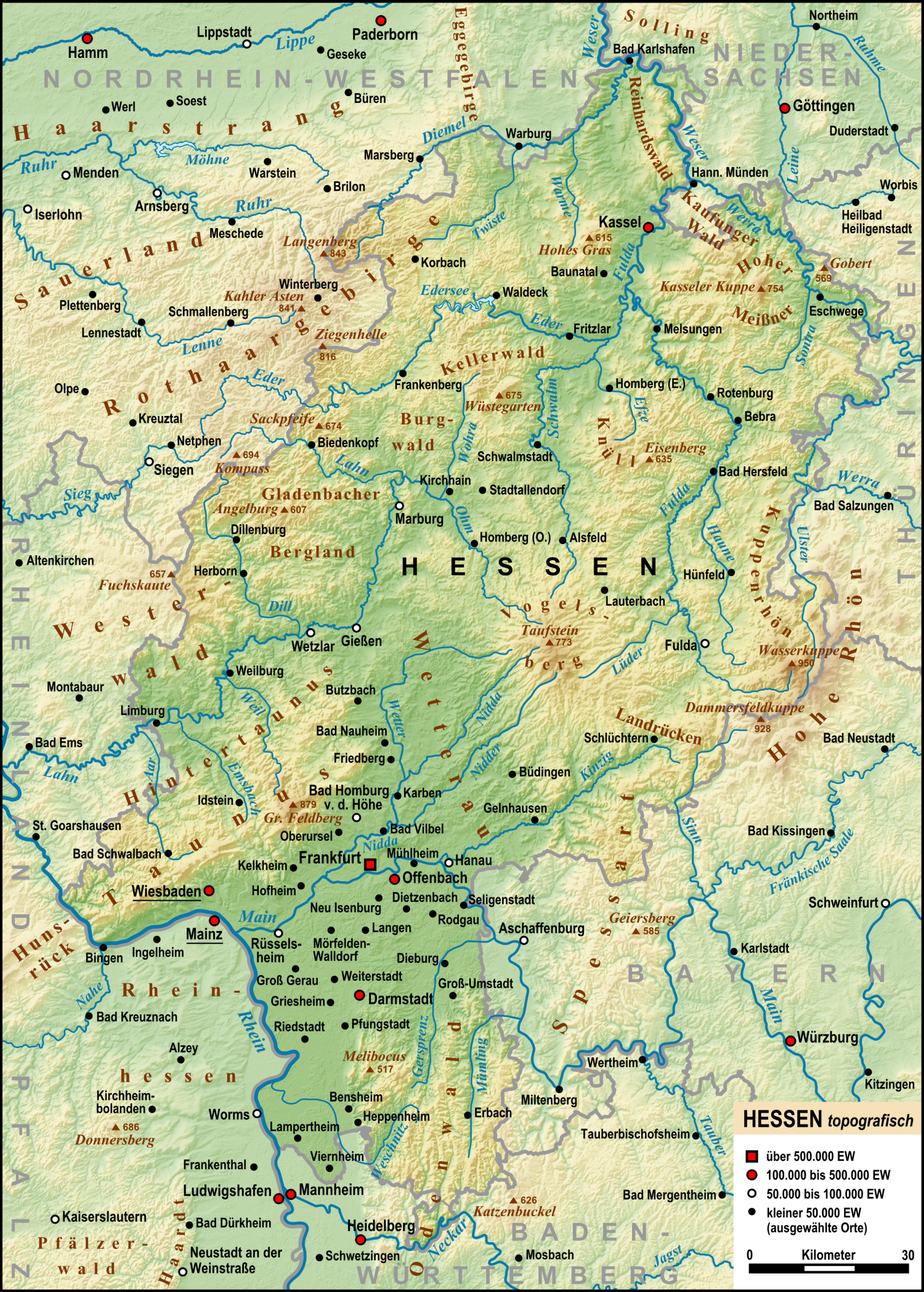|
Georg Donatus, Hereditary Grand Duke Of Hesse
Georg Donatus, Hereditary Grand Duke of Hesse (''Georg Donatus Wilhelm Nikolaus Eduard Heinrich Karl'', 8 November 1906 – 16 November 1937) was the first child of Ernest Louis, Grand Duke of Hesse, and his second wife, Princess Eleonore of Solms-Hohensolms-Lich. He was a nephew of Empress Alexandra and Emperor Nicholas II of Russia, as well as a great-grandson of Queen Victoria of the United Kingdom. Marriage and children On 2 February 1931, at Darmstadt, Georg, a great-grandson of Queen Victoria, married his first cousin once removed, Princess Cecilie of Greece and Denmark, daughter of Prince Andrew of Greece and Denmark and Princess Alice of Battenberg (and thus a sister of Prince Philip of Greece and Denmark (later Prince Philip, Duke of Edinburgh), a great-great-granddaughter of Queen Victoria and Prince Albert. The couple had four children: On 1 May 1937 Georg Donatus and Princess Cecilie both joined the Nazi Party. Death In October 1937, Georg Donatus's ... [...More Info...] [...Related Items...] OR: [Wikipedia] [Google] [Baidu] |
House Of Hesse
The House of Hesse is a European dynasty, directly descended from the House of Reginar, House of Brabant. They ruled the region of Hesse, one branch as prince-electors until 1866, and another branch as grand dukes until 1918.Burke's Peerage, Burke's Royal Families of the World, Volume I: ''Europe & Latin America'' (1977), pp. 202, 208, 211-216. History The origins of the House of Hesse begin with the marriage in 1241 of Sophie of Thuringia, Duchess of Brabant, Sophie of Thuringia (daughter of Louis IV, Landgrave of Thuringia, and Elizabeth of Hungary) with Henry II, Duke of Brabant, from the House of Reginar. Sophie was the heiress of Hesse, which she passed on to her son, Henry I, Landgrave of Hesse, Henry, upon her retention of the territory following her partial victory in the War of the Thuringian Succession, in which she was one of the belligerents. Originally the western part of the Landgrave, Landgraviate of Thuringia, in the mid 13th century, it was inherited by the you ... [...More Info...] [...Related Items...] OR: [Wikipedia] [Google] [Baidu] |
Albert, Prince Consort
Prince Albert of Saxe-Coburg and Gotha (Franz August Karl Albert Emanuel; 26 August 1819 – 14 December 1861) was the husband of Queen Victoria. As such, he was consort of the British monarch from their marriage on 10 February 1840 until his death in 1861. Victoria granted him the title Prince Consort in 1857. Albert was born in the Saxon duchy of Saxe-Coburg-Saalfeld to a family connected to many of Europe's ruling monarchs. At the age of 20, he married Victoria, his first cousin, with whom he had nine children. Initially, he felt constrained by his role as consort, which did not afford him power or responsibilities. He gradually developed a reputation for supporting public causes, such as educational reform and the abolition of slavery worldwide, and he was entrusted with running the Queen's household, office and estates. He was heavily involved with the organisation of the Great Exhibition of 1851, which was a resounding success. Victoria came to depend more and mor ... [...More Info...] [...Related Items...] OR: [Wikipedia] [Google] [Baidu] |
Hesse
Hesse or Hessen ( ), officially the State of Hesse (), is a States of Germany, state in Germany. Its capital city is Wiesbaden, and the largest urban area is Frankfurt, which is also the country's principal financial centre. Two other major historic cities are Darmstadt and Kassel. With an area of 21,114.73 square kilometers and a population of over six million, it ranks seventh and fifth, respectively, among the sixteen German states. Frankfurt Rhine-Main, Germany's second-largest metropolitan area (after Rhine-Ruhr), is mainly located in Hesse. As a cultural region, Hesse also includes the area known as Rhenish Hesse (Rheinhessen) in the neighboring state of Rhineland-Palatinate. Etymology The German name , like the names of other German regions ( "Swabia", "Franconia", "Bavaria", "Saxony"), derives from the dative plural form of the name of the inhabitants or German tribes, eponymous tribe, the Hessians (, singular ). The geographical name represents a short equivalent o ... [...More Info...] [...Related Items...] OR: [Wikipedia] [Google] [Baidu] |
1916 - 1938)
Events Below, the events of the First World War have the "WWI" prefix. January * January 1 – The British Empire, British Royal Army Medical Corps carries out the first successful blood transfusion, using blood that has been stored and cooled. * January 9 – WWI: Gallipoli Campaign – The last British troops are evacuated from Gallipoli, as the Ottoman Empire prevails over a joint British and French operation to capture Constantinople. * January 10 – WWI: Erzurum Offensive – Russia defeats the Ottoman Empire. * January 12 – The Gilbert and Ellice Islands Colony, part of the British Empire, is established in modern-day Tuvalu and Kiribati. * January 13 – WWI: Battle of Wadi (1916), Battle of Wadi – Ottoman Empire forces defeat the British, during the Mesopotamian campaign in modern-day Iraq. * January 29 – WWI: Paris is bombed by German Empire, German zeppelins. * January 31 – WWI: An attack is planned on Verdun, France. Febru ... [...More Info...] [...Related Items...] OR: [Wikipedia] [Google] [Baidu] |


